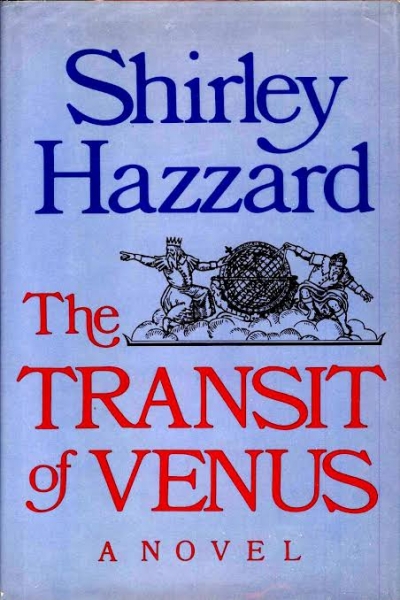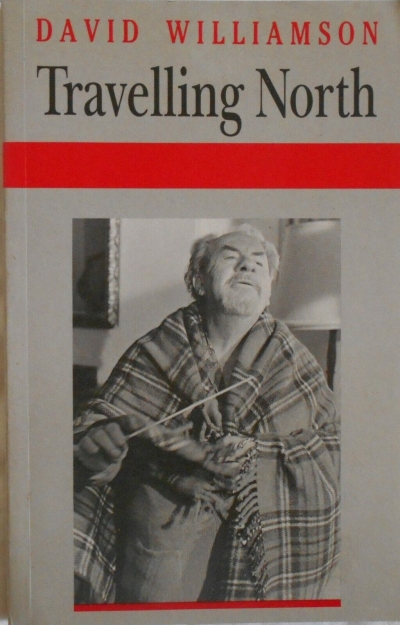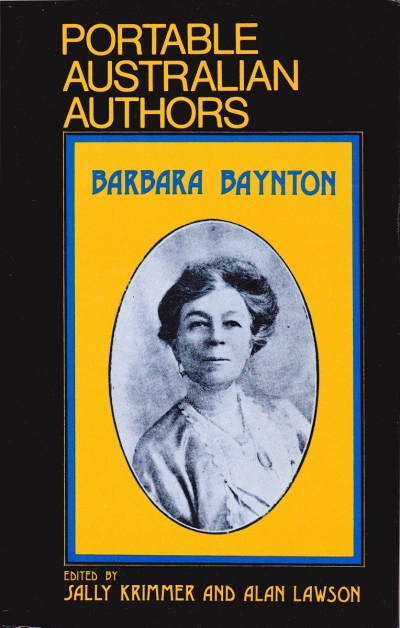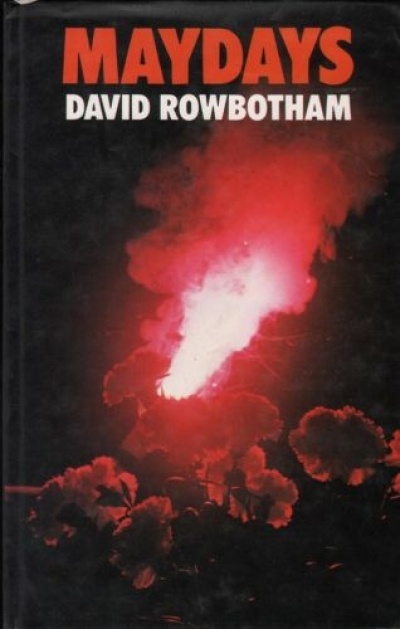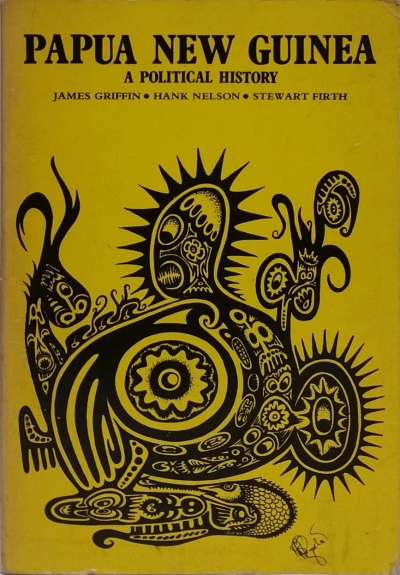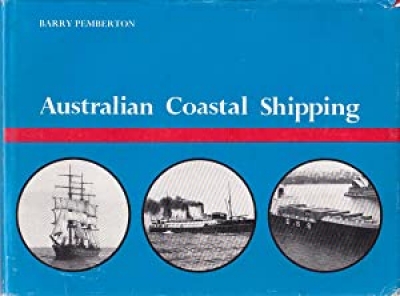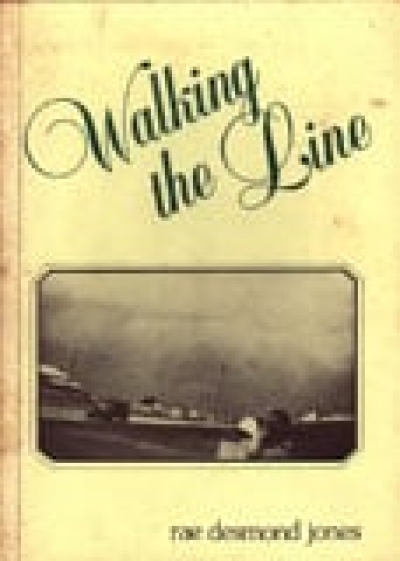Archive
Barbara Baynton (Portable Australian Authors) edited by Sally Krimmer and Alan Lawson
by John McLaren •
We Australians, in common with everyone else on this planet, live in a very scary world. The survival of the human race is at risk with the threat of Russian/American nuclear war, with the threat of pollution, overpopulation, energy depletion and the risks of nucleology. We are at risk because of the problems created by the dependence of the world economy on continuous economic growth in both the capitalist and communist worlds. Associated with the problems created by economic growth are the ones mentioned above, as well as the base materialism and consumerism which Australia’s transformation from a sheepwalk into a quarry brings, together with it large scale, permanent unemployment. Especially for school leavers. These are what might be termed, the materials problems. ... (read more)
Papua New Guinea: A Political History by James Griffin, Hank Nelson, and Firth Stewart
by Harry H. Jackman •
Walking the Line by Rae Desmond Jones & Summer Ends Now by John Emery
by Craig Munro •
Dear Mr McLaren
Thank you for your letter. We shall certainly reciprocate in the matter of complimentary copies and we’re also interested in exchange advertising. I look forward to seeing your next issue and would appreciate receiving a copy by air mail if your circulation mechanism is as slow as ours tends to be.
... (read more)
